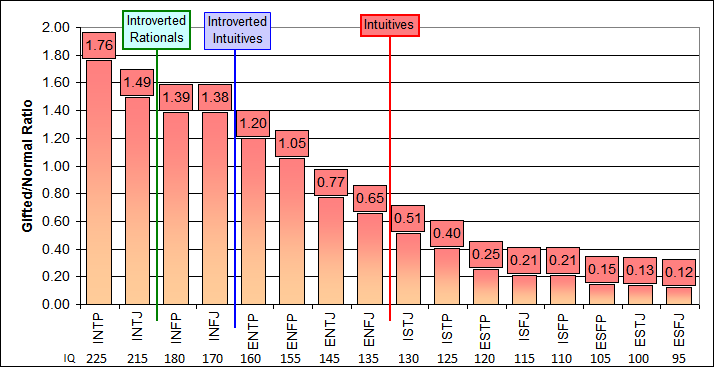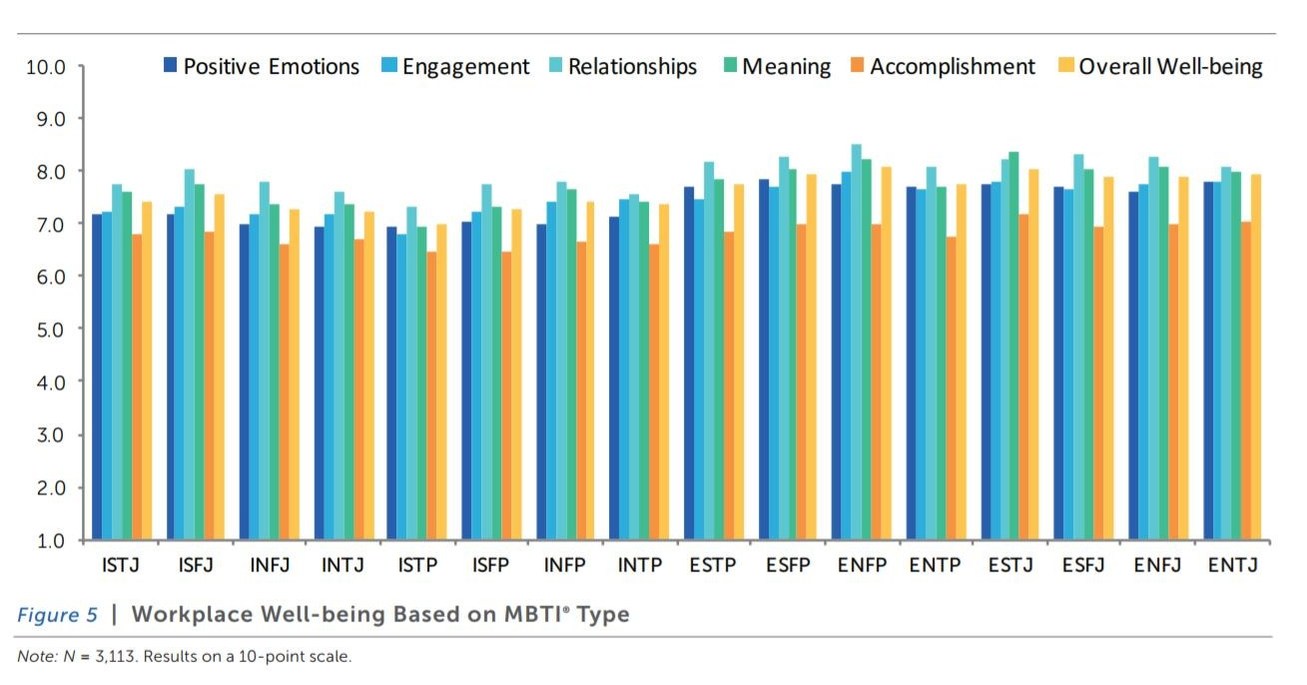Personality of Belgian physicians in a clinical leadership program, BMC Health Services Research
Por um escritor misterioso
Descrição
Background Physician and non-physician leadership development programs aim to improve organizational performance. Although a significant, positive relation between physicians’ leadership skills and patient outcomes, staff satisfaction and staff retention has been found, physicians are not formally trained in clinical leadership skills during their physician training. A lot of current healthcare leaders were chosen to take on leadership because of their productivity, published research, solid clinical skills, or because they were great educators, Heifetz RA. Leadership Without Easy Answers; 1994 although they often do not have the skills to build a team, resulting in dysfunctional teams and having to deal with conflicts and chaos. The first steps of a Clinical Leadership Program is to gain insight in one’s personality, one’s personal skills and one’s leadership growth potential, because this gives information on one’s natural leadership style. The aim of our research is to gain insight in the personality traits of healthcare professionals who are leading teams and to check (a) whether Belgian physicians with leadership ambition, share certain preferences, (b) whether physicians differ from other healthcare staff in terms of personality, (c) whether our sample of Belgian physicians differs from a population of physicians in the United States of America. Methods In-hospital physicians and non-physicians enrolled in a Clinical Leadership Program consented to participate. They explored their personal preferences across four dimensions, based on the Myers-Briggs Type Indicator (MBTI). Their most suitable MBTI profile was determined with a self-assessment and a complementary guidance of an MBTI-coach. Chi-squared tests and logistic regression were performed to check distributions across different MBTI-dimensions and to assess the relation with profession and location. Results Among participating physicians significantly more preferences for ‘Thinking’ then for ‘Feeling’ were found. Non-physicians were found to be significantly more ‘Sensing’ and ‘Judging’ compared with physicians. No significant differences were found between physicians from our (Belgian) and the USA dataset. Conclusion Preferences of physicians proved to be different from those of non-physicians. ‘ISTJ’ is the most frequent personality profile both in Belgian and USA physicians.

2023 ACCP Annual Meeting November 11 ‐ 14, 2023 - 2023 - JACCP: JOURNAL OF THE AMERICAN COLLEGE OF CLINICAL PHARMACY - Wiley Online Library

PDF) Personality of Belgian physicians in a clinical leadership program

References Emerald Insight

Previous FIP Digital Events - International Pharmaceutical Federation

Prehospital Telestroke vs Paramedic Scores to Accurately Identify Stroke Reperfusion Candidates
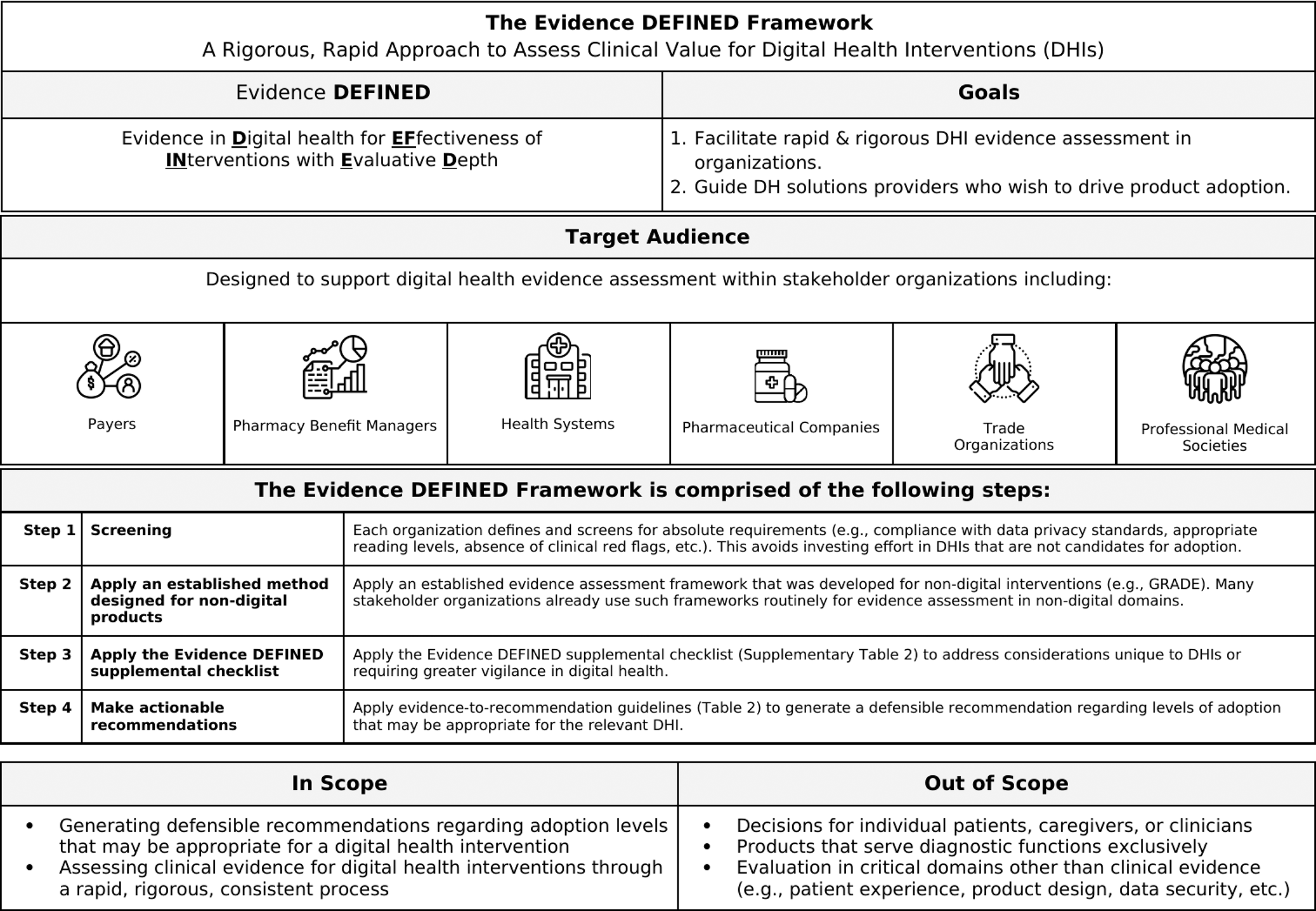
Rigorous and rapid evidence assessment in digital health with the evidence DEFINED framework
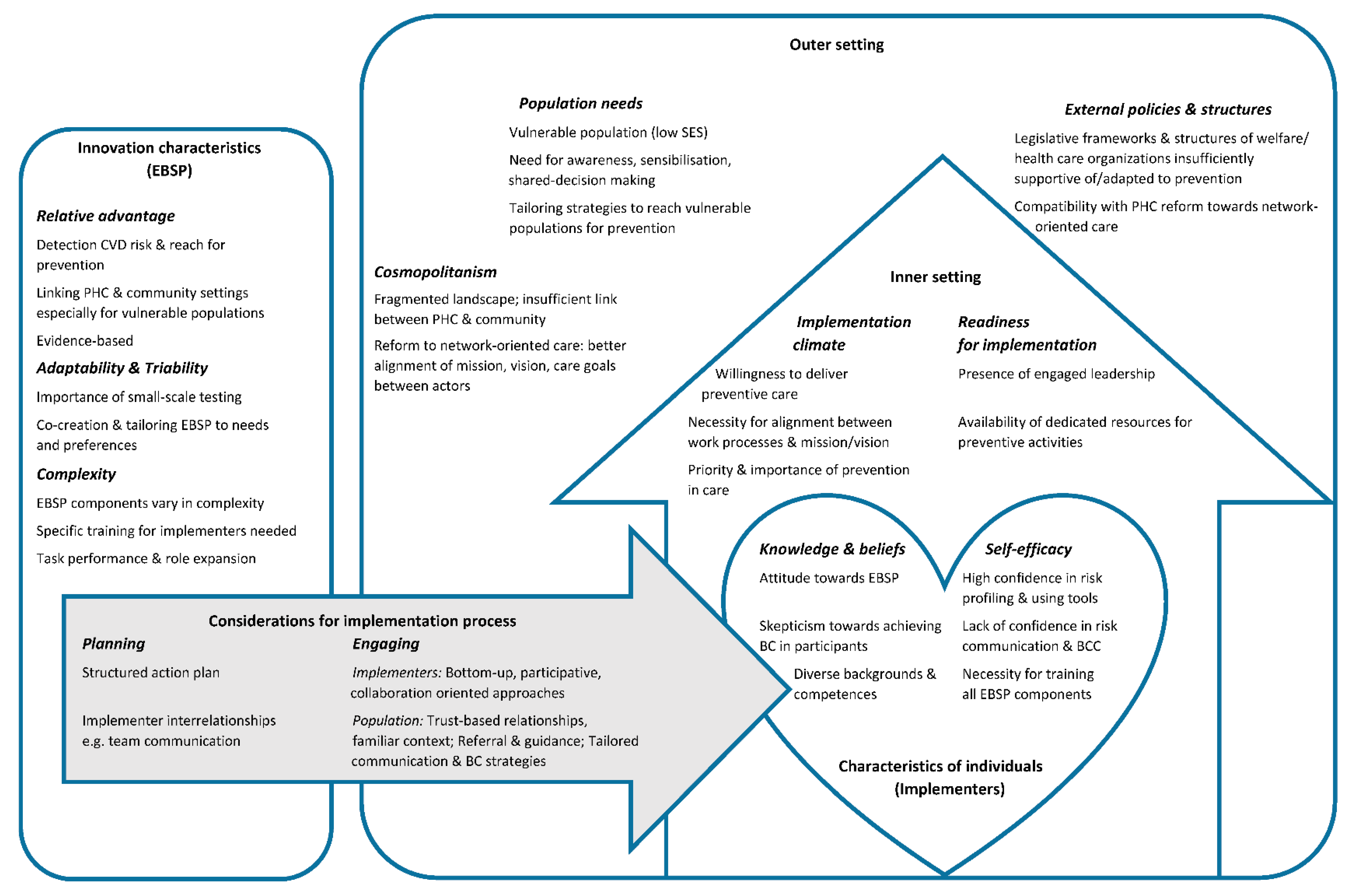
IJERPH, Free Full-Text

Cost-Effectiveness of Antihypertensive Deprescribing in Primary Care: a Markov Modelling Study Using Data From the OPTiMISE Trial
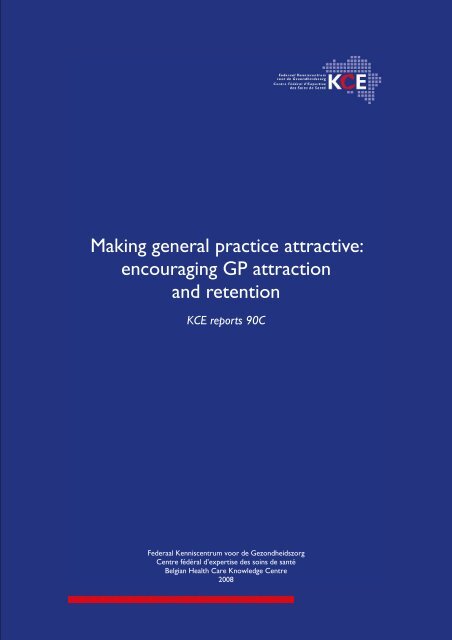
Download the report (150 p.) - KCE
Full article: The critical interpretive synthesis: an assessment of reporting practices

Design and Implementation of a Physician Coaching Pilot to Promote Value-Based Referrals to Specialty Care
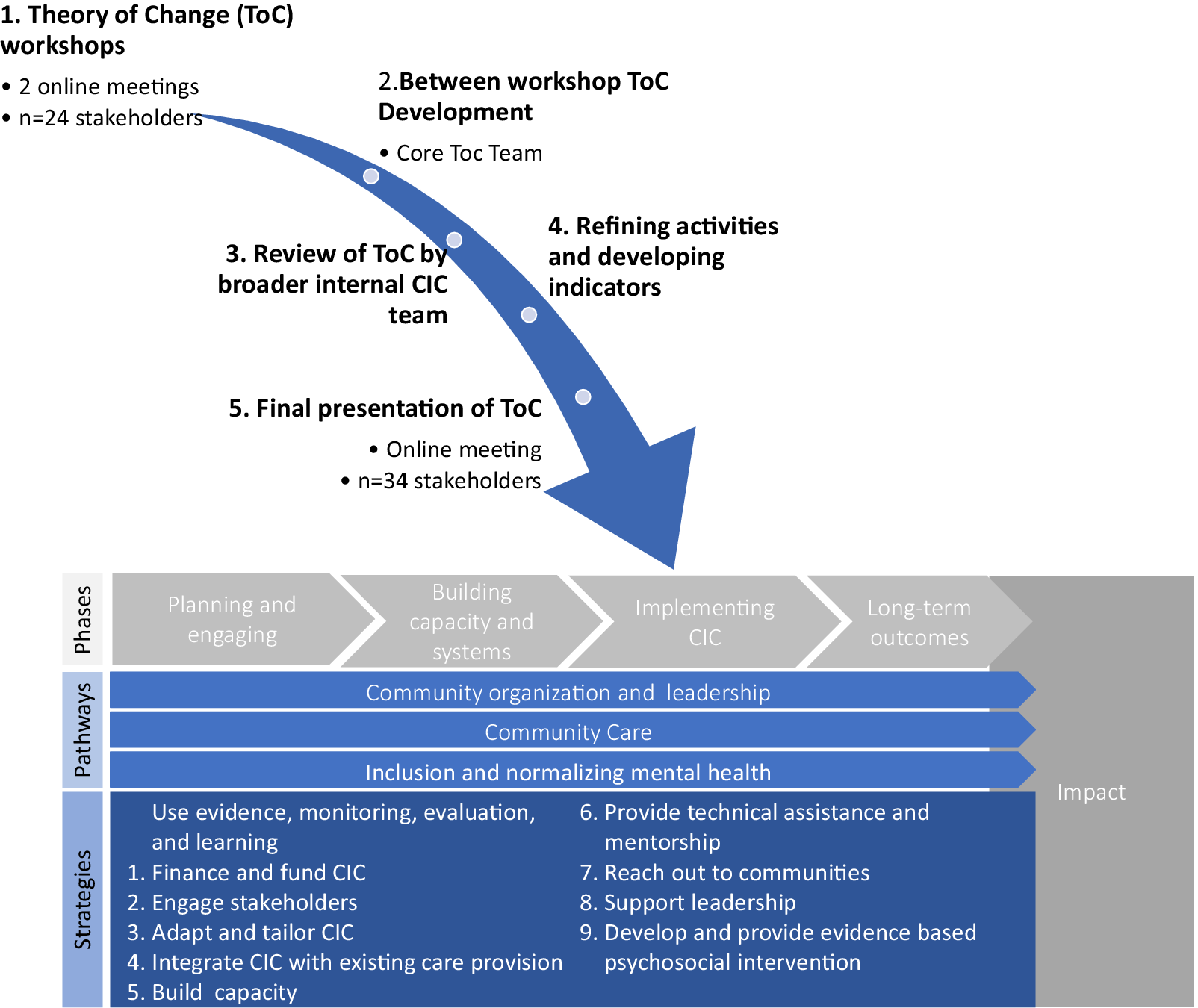
A theory of change for community-initiated mental health care in the United States, Cambridge Prisms: Global Mental Health

Health
de
por adulto (o preço varia de acordo com o tamanho do grupo)

